1. Installing Clotheslines
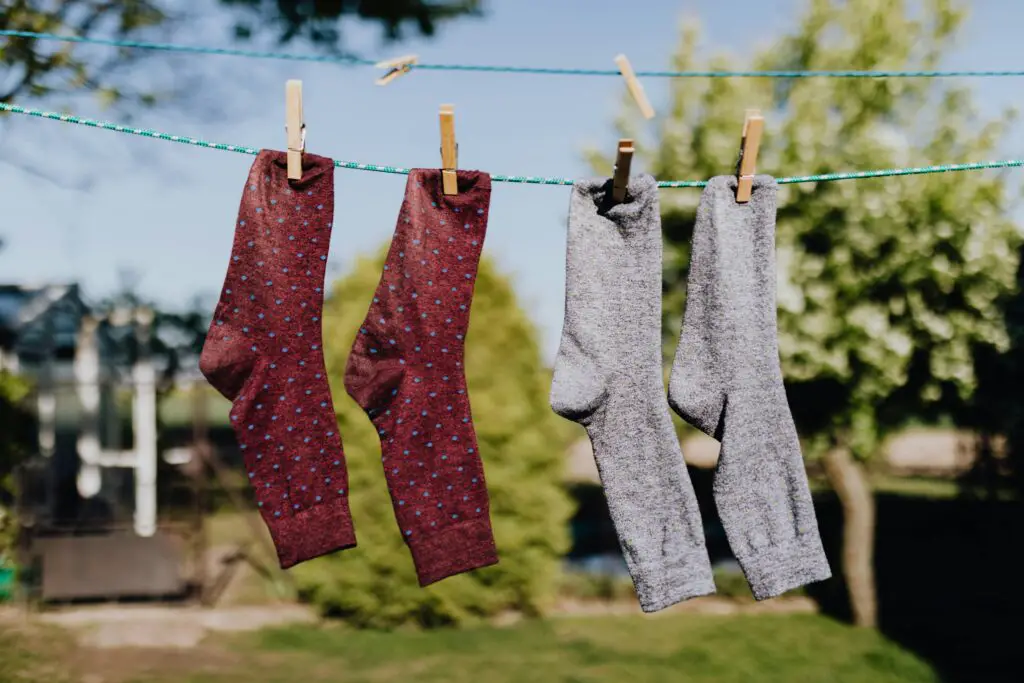
Believe it or not, some homeowner associations and municipalities ban outdoor clotheslines, citing aesthetic concerns. In states like Texas, these bans clash with “Right to Dry” laws that advocate for energy conservation and sustainability.
2. Collecting Rainwater
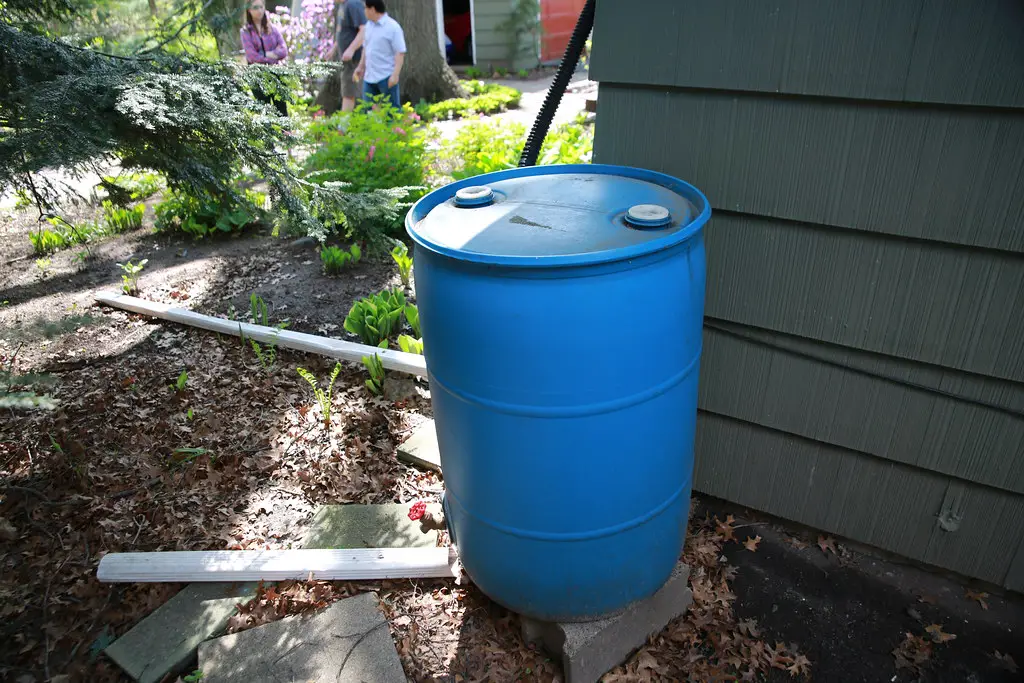
In some states, harvesting rainwater is restricted due to water rights laws. For example, in Colorado, rainwater collection was illegal until 2016, and even now, strict limits apply. Authorities argue that rainwater is needed to replenish natural water sources, though many homeowners see it as an eco-friendly practice.
3. Overly Tall Fences
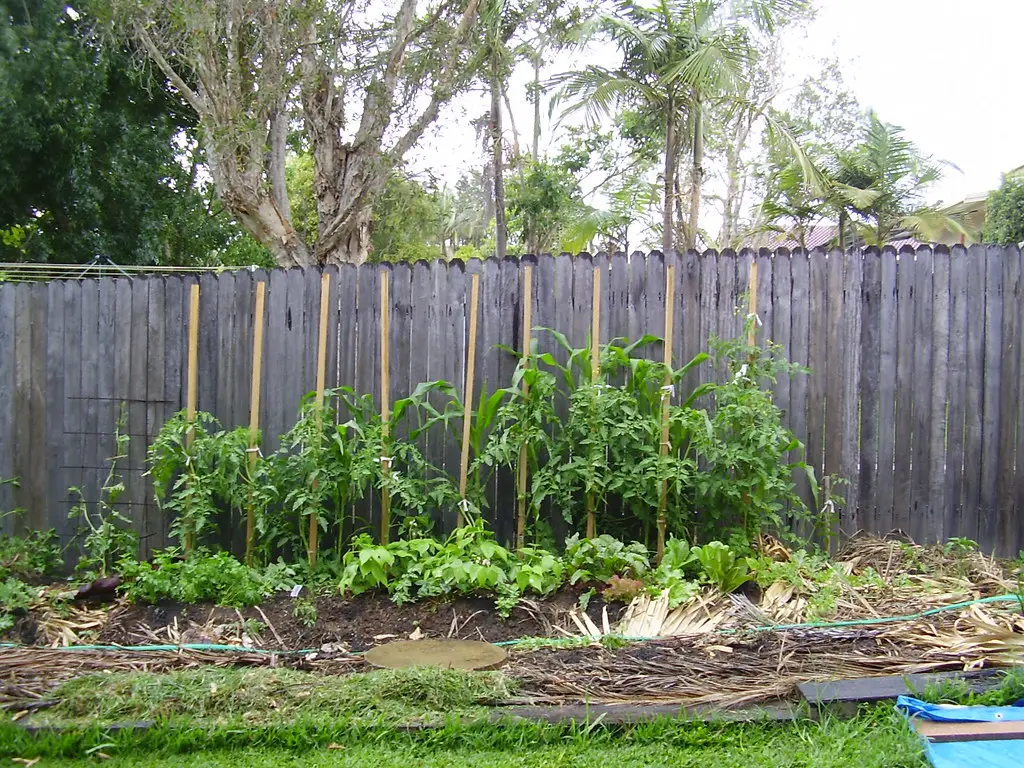
Building a privacy fence taller than local codes allow can result in fines or even mandatory removal. For instance, in California, fences over 6 feet require a special permit. These regulations aim to preserve neighborhood sightlines and prevent disputes between neighbors.
4. Swimming Pools Without Fencing

Many states, like Florida, require fencing around pools to prevent accidents, especially involving children. Homeowners can face hefty fines if their pool isn’t compliant with safety standards, even if it’s an above-ground setup.
5. Keeping Certain Livestock

Raising backyard chickens or goats might be trendy, but it’s illegal in many urban areas. Cities like Los Angeles have strict zoning laws prohibiting livestock to avoid noise and sanitation issues.
6. Building a Fire Pit or Outdoor Fireplace
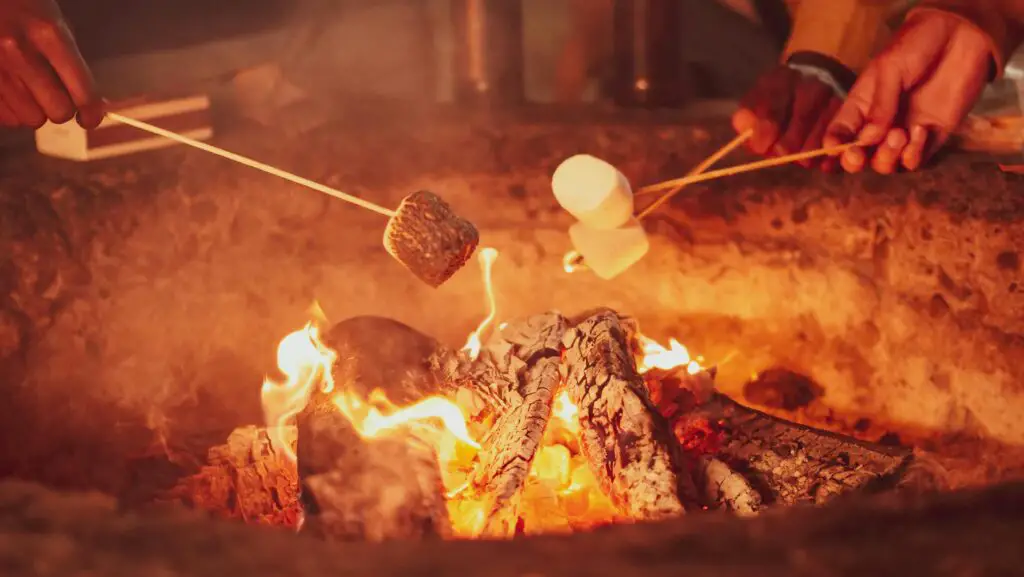
Fire pits may be a backyard staple, but some states restrict their use due to wildfire risks. In places like California and Arizona, outdoor fire features often require permits or are banned outright during dry seasons.
7. Planting Invasive Species

Certain popular plants, like bamboo, are illegal to grow in states like Connecticut due to their invasive nature. These plants can spread uncontrollably, damaging local ecosystems and even encroaching on neighbors’ properties.
8. Excessive Outdoor Lighting
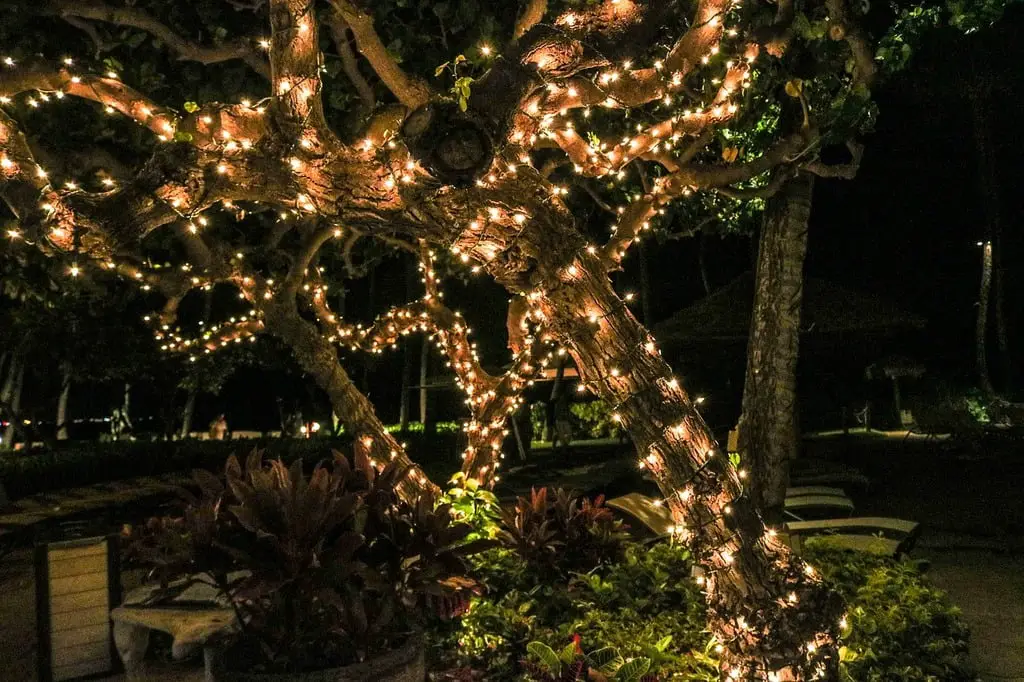
In states with dark-sky initiatives, such as Arizona, excessive outdoor lighting is regulated to reduce light pollution. Homeowners may face restrictions on brightness, placement, and operating hours for outdoor lights.
9. DIY Tree Cutting
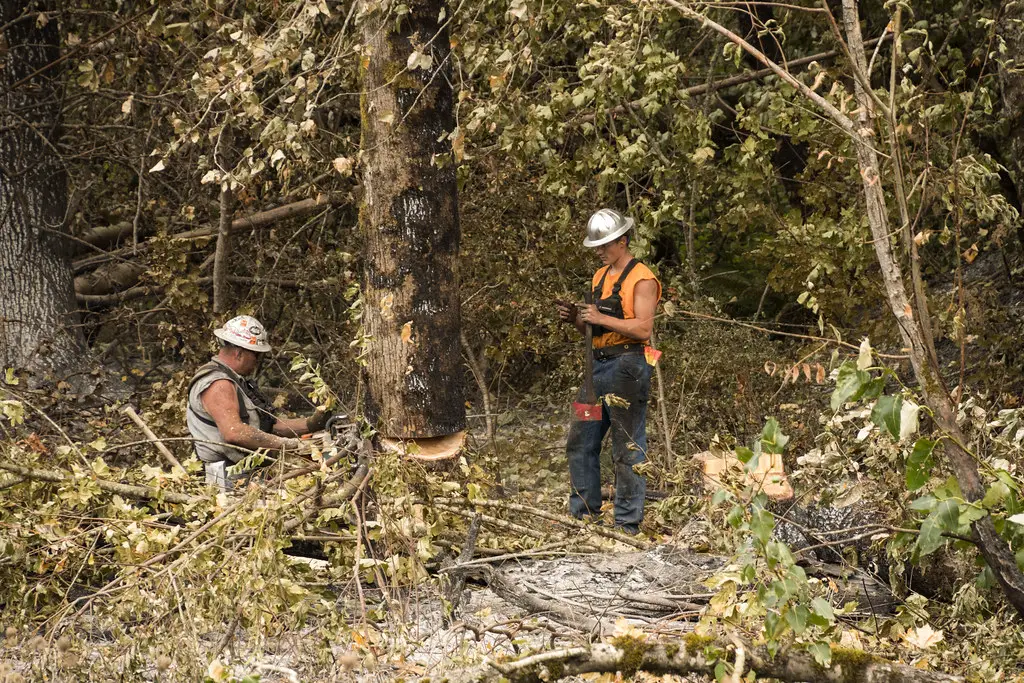
Cutting down trees on your property without a permit can lead to fines in many areas, including New York. This is especially true for trees deemed essential to the environment or located in protected zones.
10. Digging Without Checking Utility Lines
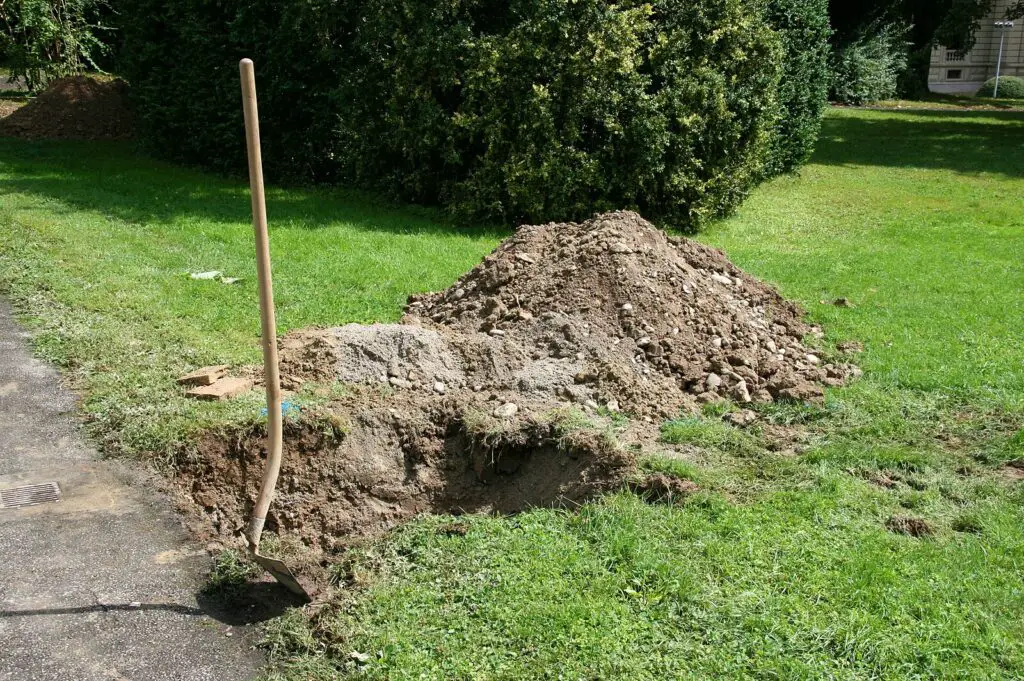
Digging for backyard projects without contacting utility companies can be illegal and dangerous. States enforce “Call Before You Dig” laws to prevent damage to underground utility lines and ensure public safety.
11. Building Too Large of a Shed
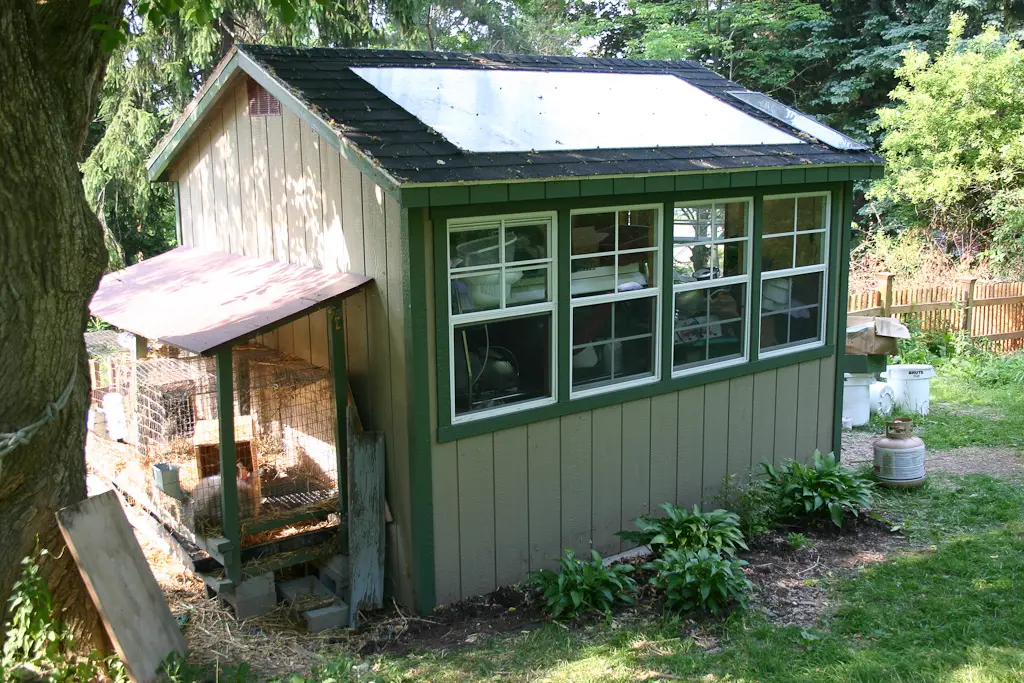
Adding a backyard shed might seem harmless, but size and placement are often regulated. In states like New Jersey, oversized sheds may require a permit, especially if they encroach on property lines.
12. Creating a Backyard Pond
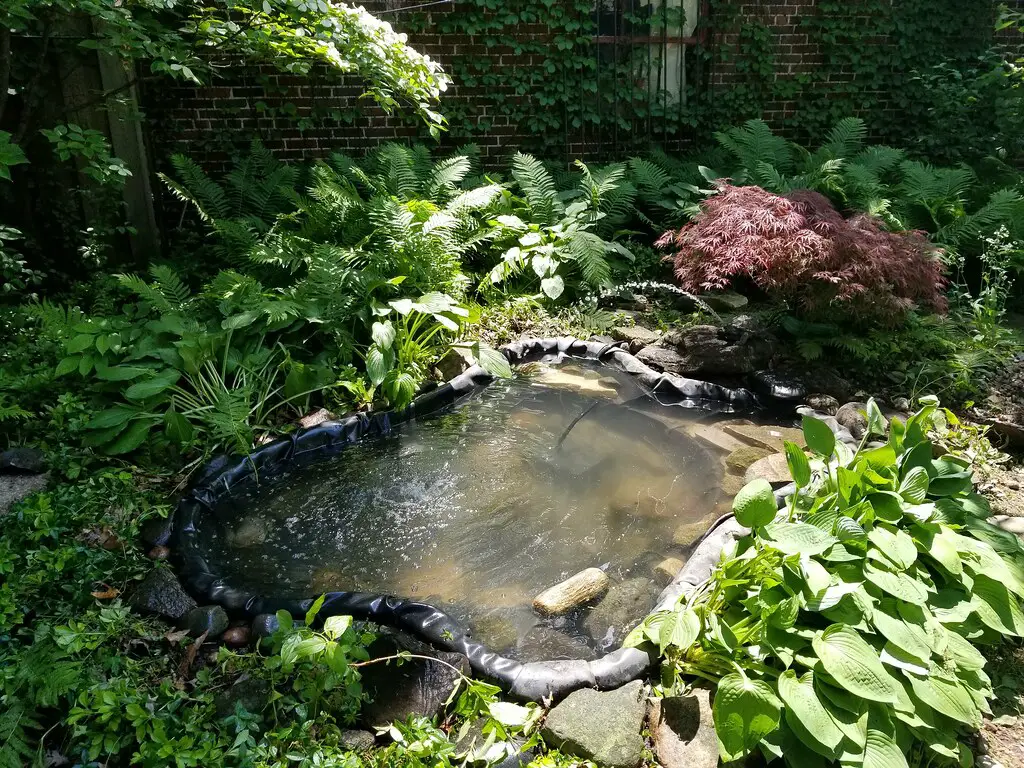
Installing a decorative pond or water feature without a permit can violate water management laws. States like Oregon enforce these rules to protect water rights and prevent potential flooding or contamination.
13. Installing Unauthorized Solar Panels
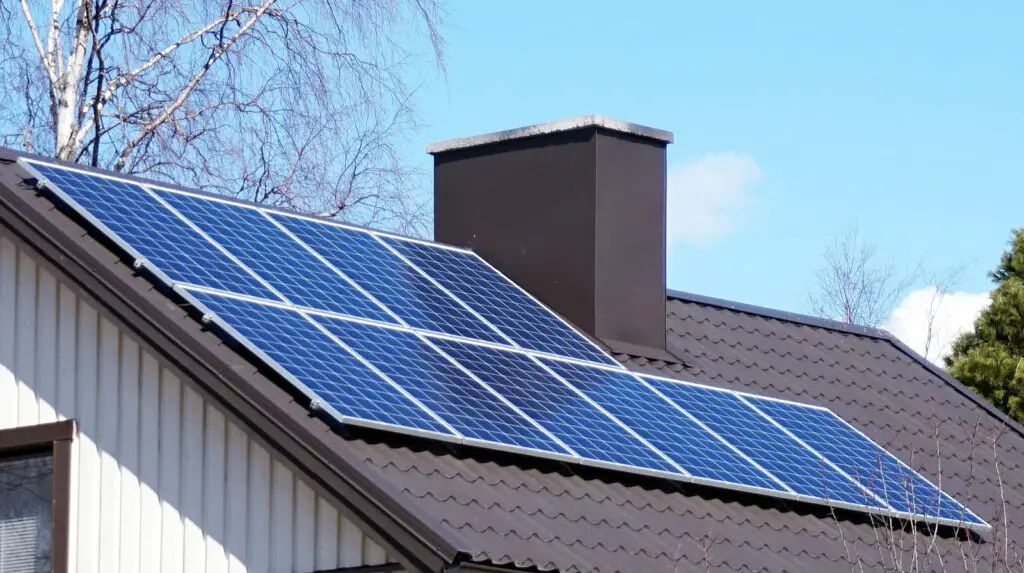
While solar energy is encouraged in many areas, some states have restrictions on where and how panels can be installed. For example, panels that interfere with a neighbor’s property or are visible from the street may be prohibited in certain neighborhoods.
Takeaway: Local and state laws can significantly impact how you design and enjoy your backyard. Always check your area’s specific regulations to avoid surprises—and legal troubles—down the line.
